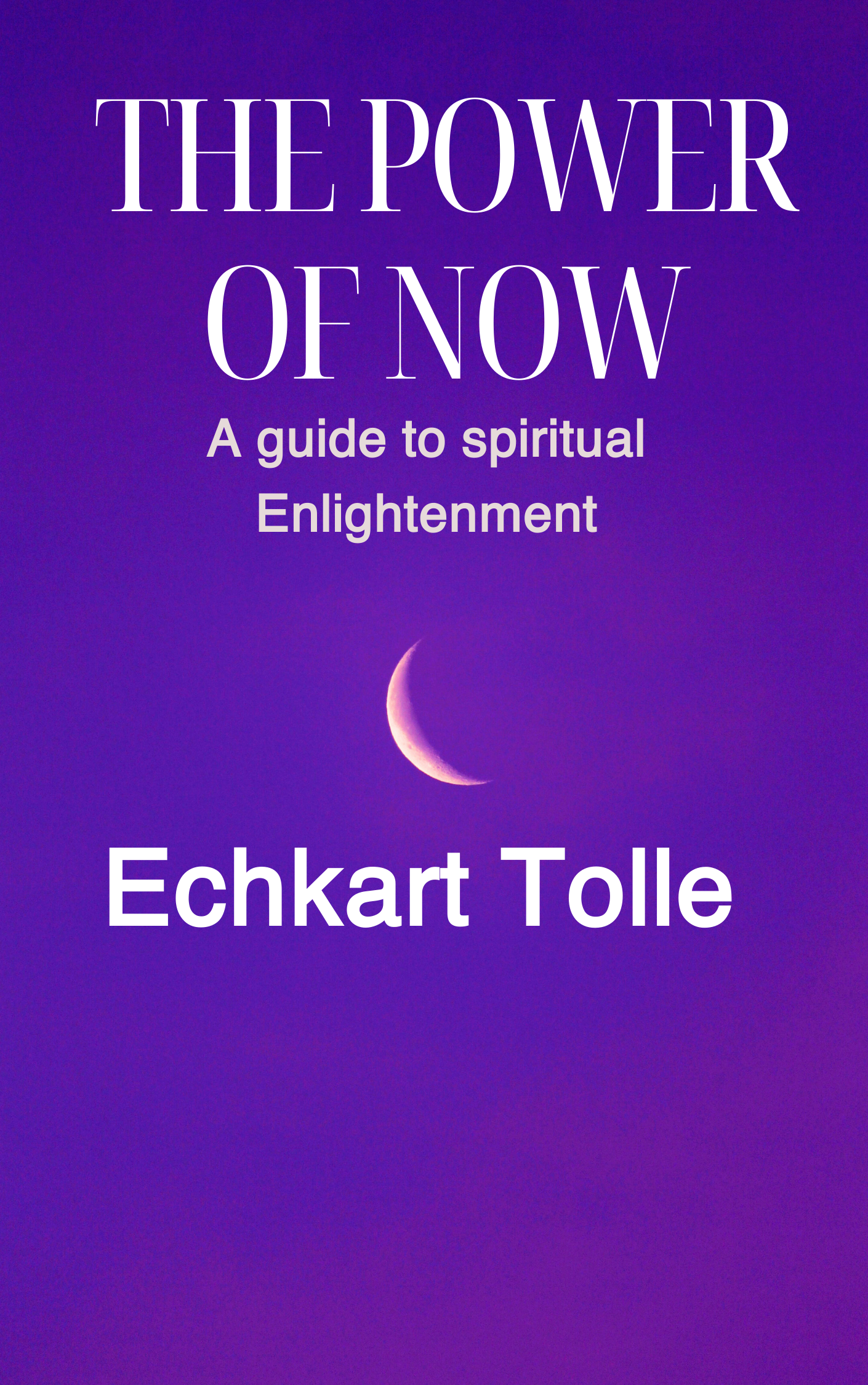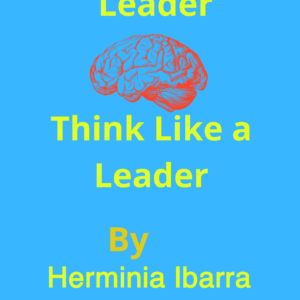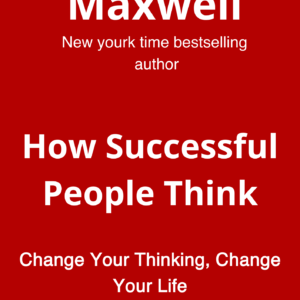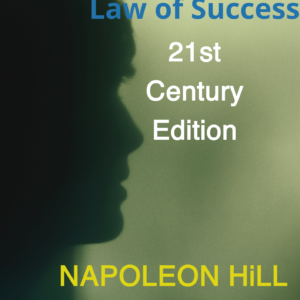The Power of Now: A Guide to Spiritual Enlightenment
Original price was: $ 29,99.$ 19,99Current price is: $ 19,99.
Description
The Power of Now: A Guide to Spiritual Enlightenment Published in 2004, the book is a spiritual guide that emphasizes the importance of living fully in the present moment. Tolle argues that the present moment is where true peace and happiness are found, as opposed to being preoccupied with the past or anxious about the future.
Core Concepts
- The Power of Now:
- Main Thesis: The central premise of the book is that true peace and enlightenment are found in the present moment. Tolle posits that the present is the only time that truly exists, and that being fully present allows one to experience a deeper sense of peace and connection.
- Practical Application: Tolle offers practical exercises to help readers become more aware of the present moment, such as focusing on one’s breath or observing thoughts without judgment.
- Ego and Mind:
- Ego: Tolle describes the ego as a false sense of self constructed by the mind, which is obsessed with identity, separation, and the past and future. The ego thrives on a narrative of “me” and “mine,” leading to suffering and conflict.
- Mind and Thought: He explains that the mind often distracts individuals from the present by dwelling on past regrets or future anxieties. Recognizing and detaching from this thought process is key to spiritual awakening.
- Pain-Body:
- Concept: The “pain-body” refers to the accumulation of emotional pain and trauma that individuals carry with them. It feeds off negative emotions and perpetuates suffering.
- Dissolving the Pain-Body: Tolle suggests that by becoming aware of the pain-body and observing it without becoming emotionally entangled, individuals can reduce its power and influence.
- Consciousness:
- Awareness: The book stresses the importance of cultivating awareness of one’s thoughts and emotions. Tolle advocates for a state of “watching” or “observing” one’s mental processes to gain a deeper understanding of one’s true nature.
- Higher Consciousness: He argues that achieving a higher state of consciousness involves transcending the ego and experiencing a sense of unity and interconnectedness with the universe.
- Acceptance:
- Acceptance of the Present: Tolle emphasizes that accepting the present moment, no matter how it is, is crucial for inner peace. Resistance to what is creates suffering, while acceptance allows for a state of flow and harmony.
- Practical Steps: He provides guidance on how to practice acceptance in everyday situations, which includes embracing life as it unfolds and letting go of the need for control.
Structure and Content
Format:
- The book is structured as a dialogue between the author and the reader, addressing common questions and concerns related to spiritual enlightenment and the nature of the mind.
Chapters:
- You Are Not Your Mind: Introduction to the concept of the mind as an instrument rather than the essence of the self.
- Consciousness: The Way Out of Pain: Explains how to use consciousness to overcome emotional pain.
- Moving Deeply into the Now: Practical advice on how to anchor oneself in the present moment.
- Mind Strategies for Avoiding the Now: Discusses how the mind tries to evade the present and ways to counteract this.
- The State of Presence: Explores what it means to live in a state of presence and its benefits.
Practical Exercises:
- The book includes exercises and meditations designed to help readers become more present and aware. For example, Tolle might guide readers to focus on their breathing or to observe their thoughts as if they were passing clouds.
Impact and Reception
Influence:
- The Power of Now has been widely acclaimed and influential in the fields of spirituality and personal development. It has inspired many readers to explore mindfulness and consciousness.
Criticism:
- Some critics find the concepts abstract or difficult to apply in daily life. Others may argue that the book’s ideas are repetitive or that it lacks scientific validation.
Legacy:
- The book remains a best-seller and has been translated into numerous languages. It has also inspired a range of workshops, retreats, and online resources based on its teachings.






Reviews
There are no reviews yet.